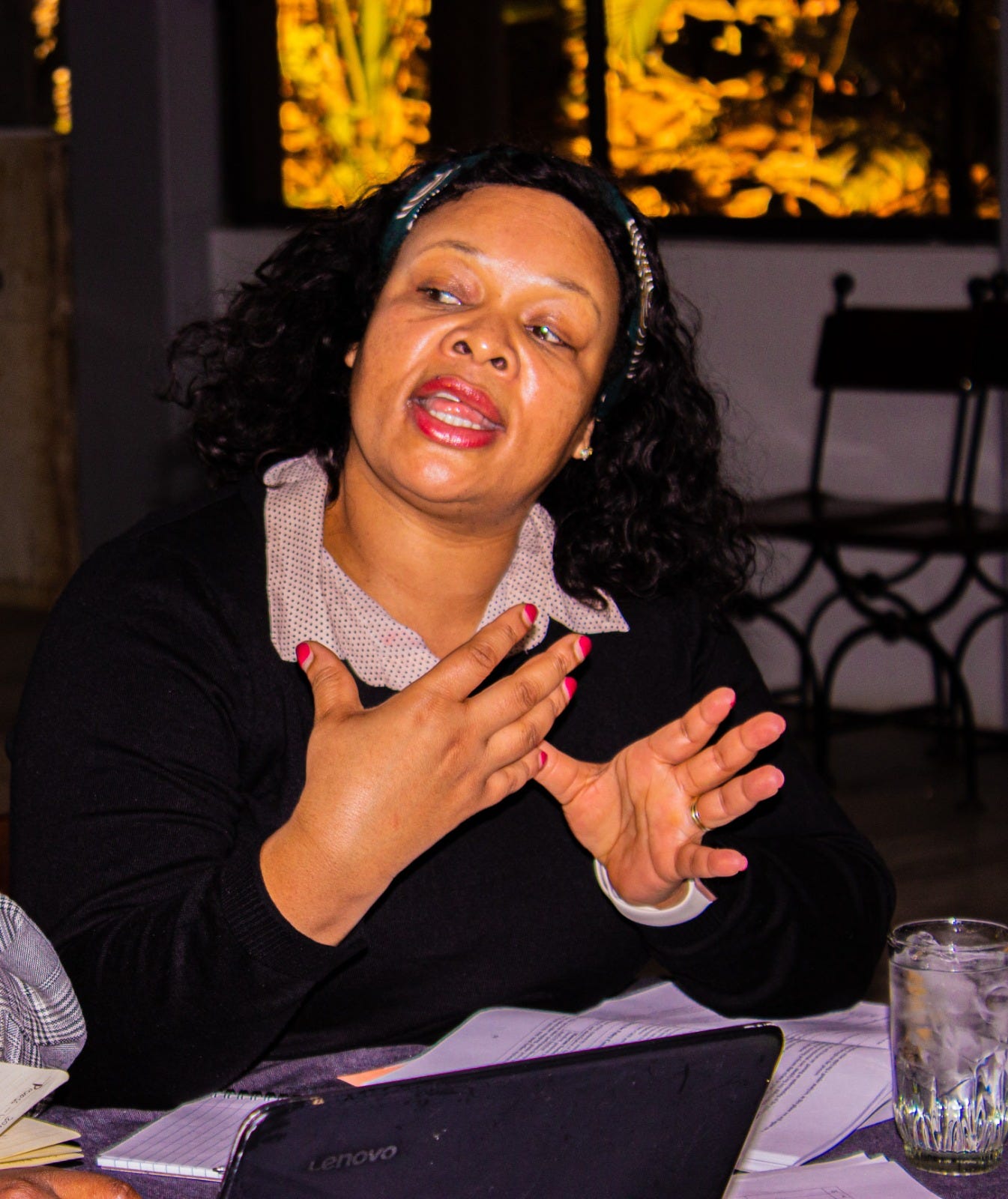Marginalized Women in Decision-Making Pose Threat to Democracy in Zimbabwe
As per the 2022 Population and Housing Census Preliminary Results by the Zimbabwe National Statistics Agency (Zimstat), women constitute 52 percent of the population.
HARARE, Zimbabwe-In Zimbabwe, strategies aimed at boosting women's participation in politics, as endorsed by international and regional agreements, are falling short of achieving meaningful gender equality in decision-making roles, writes Daphne Machiri.
Key frameworks designed to advance women's involvement in political processes include the Convention on the Elimination of All Forms of Discrimination against Women (CEDAW), the Beijing Platform for Action, and Chapter 2, Article 11 of the African Charter on Democracy, Elections, and Governance (ACDEG), all of which emphasise gender balance and equality in governance.
Despite these international commitments, the Constitution of Zimbabwe, as amended in 2013, which not only grants equality to women but also empowers the state to adopt measures facilitating women's participation, has yet to translate into effective gender parity in top leadership positions.
As per the 2022 Population and Housing Census Preliminary Results by the Zimbabwe National Statistics Agency (Zimstat), women constitute 52 percent of the population.
However, women continue to face significant hurdles in gaining representation in Parliament and local authorities.
Sally Ncube, WDN-ZW Executive Director, expressed concern: "We are calling on Parliament to review electoral laws with gender lenses, address gender gaps, and add in disability policy implementation and enforcement spaces."
During the 2018 general election, only 48 percent of Senators and a mere 31.5 percent of members of the National Assembly were women.
This is despite the existence of 60 seats reserved for women through a party-list system, and only 11.9 percent of constituency members of the National Assembly are women.
The 2022 by-elections and the 2023 Presidential election maintained this disheartening trend.
The Maputo Protocol, which calls on States Parties to take affirmative action to promote women's participation in political life and ensure their participation without discrimination in all elections, has not yielded the desired results in Zimbabwe.
Sally Ncube added: "Some of the challenges to participation were expressed as lack of enabling political parties’ candidate selection policies to guarantee transparency and safeguarding mechanisms for aspiring women candidates."
The country's ranking of 50th out of 146 countries in the Global Gender Gap Index, as of 2022, reflects both progress and remaining challenges on the path towards gender equality.
Ncube further highlighted the issue of harmful gender norms: "Harmful gender social normal norms in which electorate confidence in women’s leadership and candidature was low, high costs of nomination fees, amongst other barriers."
The persistence of this gender disparity, in every socio-political stratum, underscores a violation of women's fundamental democratic rights.
The African Charter on Human and People's Rights, Article 18, Part 3, also underscores the importance of eliminating discrimination against women and protecting their rights.
The political environment in Zimbabwe remains unfriendly, and at times hostile, towards women's political participation, eroding their confidence in engaging in political processes.
The lack of political will within political parties, whose focus remains on power expansion and electoral victories, compounds these issues.
Ncube emphasised the importance of research: "Zimbabwe Gender Commission, in partnership with Civil Society Organisations (CSOs), academic institutions and relevant stakeholders, to commission in-depth research to ascertain comprehensively women’s experiences, barriers, and challenges in participating in the just ended elections."
Barriers to women's participation are multifaceted, including violence, limited access to justice, fear, and discrimination. Women often experience name-calling, sexual harassment, and subtle biases that discourage their involvement.
Gender-based stereotypes, discriminatory norms, and male-dominated policies further devalue their contributions.
In both public and private spheres, women grapple with occupational segregation, limited access to resources, gender-based violence, and cultural mindsets that perpetuate stereotypes.
Traditional roles, which expect women to choose between power and family, exacerbate the problem.
Ncube called for gender analysis: "Political Parties and election duty bearers to commission gender analysis in reviewing their party policies, election strategy, approaches and candidate selection processes and address policy gaps identified."
Inadequate knowledge, and skills, low self-esteem, limited support, and a lack of encouragement in both formal and informal decision-making spaces also deter women from participating.
Gender-blind legal frameworks and policy gaps further obstruct women's full engagement in public life.
While parliamentary quotas are recognized globally as effective temporary measures to enhance women's political participation, they remain silent on how many seats should be reserved for young women.
Media representation also plays a significant role, as women are often portrayed negatively or are absent from media coverage.
Access to education, health, safety, and political representation are still unequal, while cultural values perpetuate male dominance in leadership roles.
Addressing these issues requires the action of gender champions who work to remove barriers to women's success in leadership and decision-making positions, beginning at the community level.
Zimbabwe, as a signatory of the African Charter on Democracy Elections and Governance (ACDEG), Chapter 9, on Political, Economic, and Social Governance, Article 2, should foster participation and partnership with civil society organizations.
The Women's Democracy Network has been at the forefront of efforts to promote women's participation in leadership, politics, governance, and gender-responsive policymaking in the country.
The WDN-ZW Executive Director concluded with a call to action: "CSOs should continue supporting women’s leadership and participation, training, advocacy and support and also funding partners should increase funding and technical support to women’s rights organisations throughout the election cycle to sustain initiatives of enhancing women’s confidence and participation."
The Women's Democracy Network in Zimbabwe has launched a ten-day campaign aimed at promoting gender-responsive policymaking for increased women's participation in public life, beginning on August 28, 2023.
The campaign seeks to raise awareness about barriers to women's inclusion and participation, enhance duty-bearers responsiveness, garner public support for women's leadership, and mobilize state and non-state actors to actively address these barriers through advocacy for gender-responsive policymaking.



